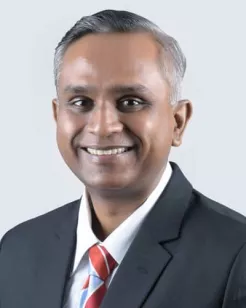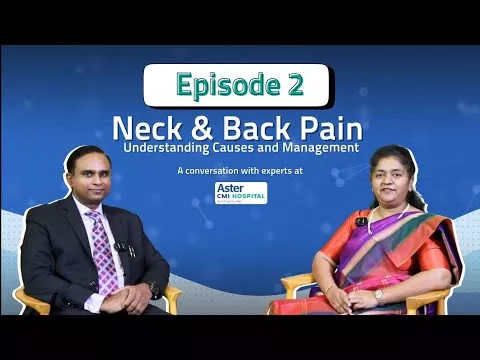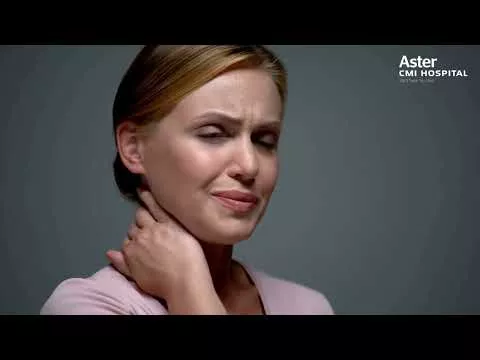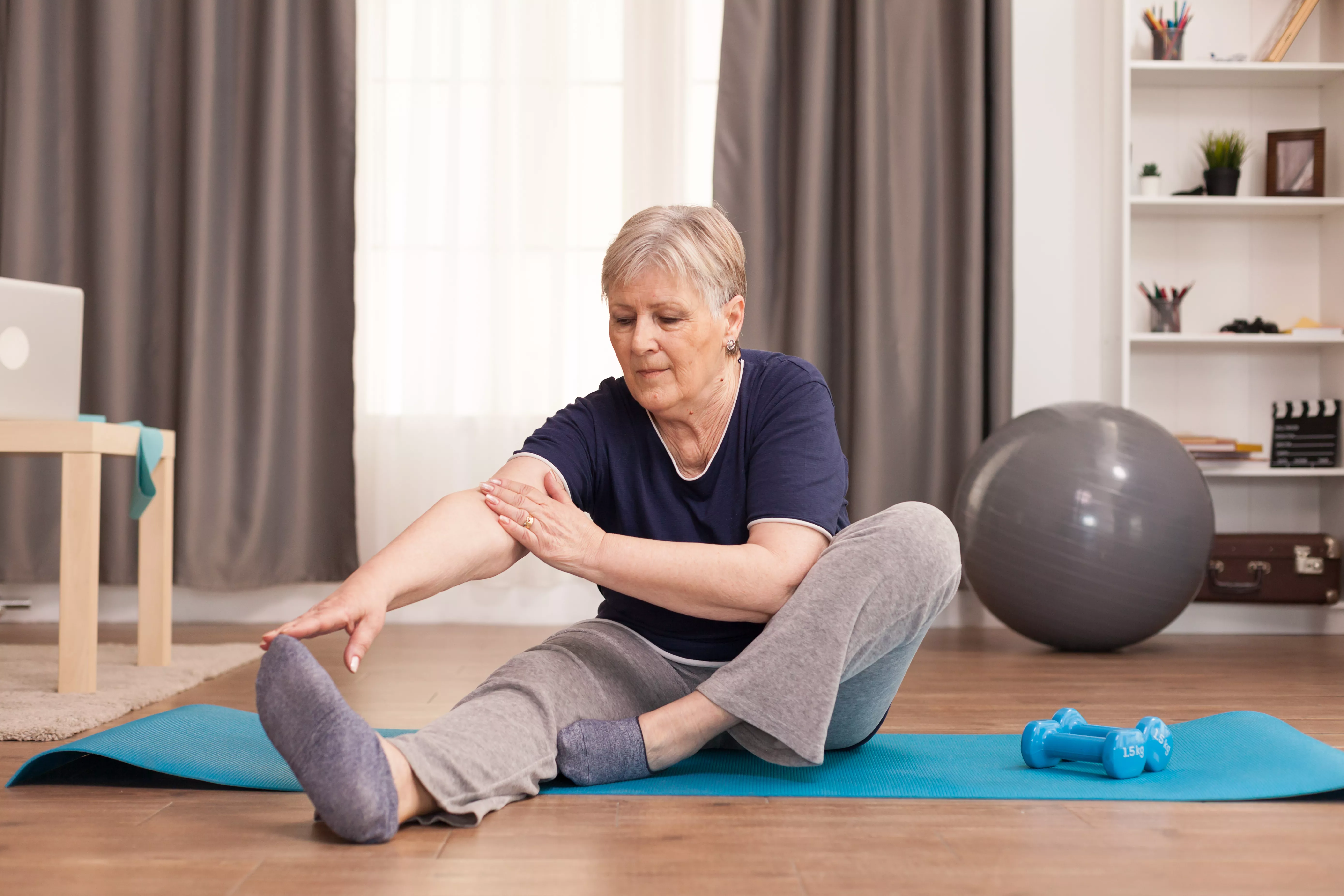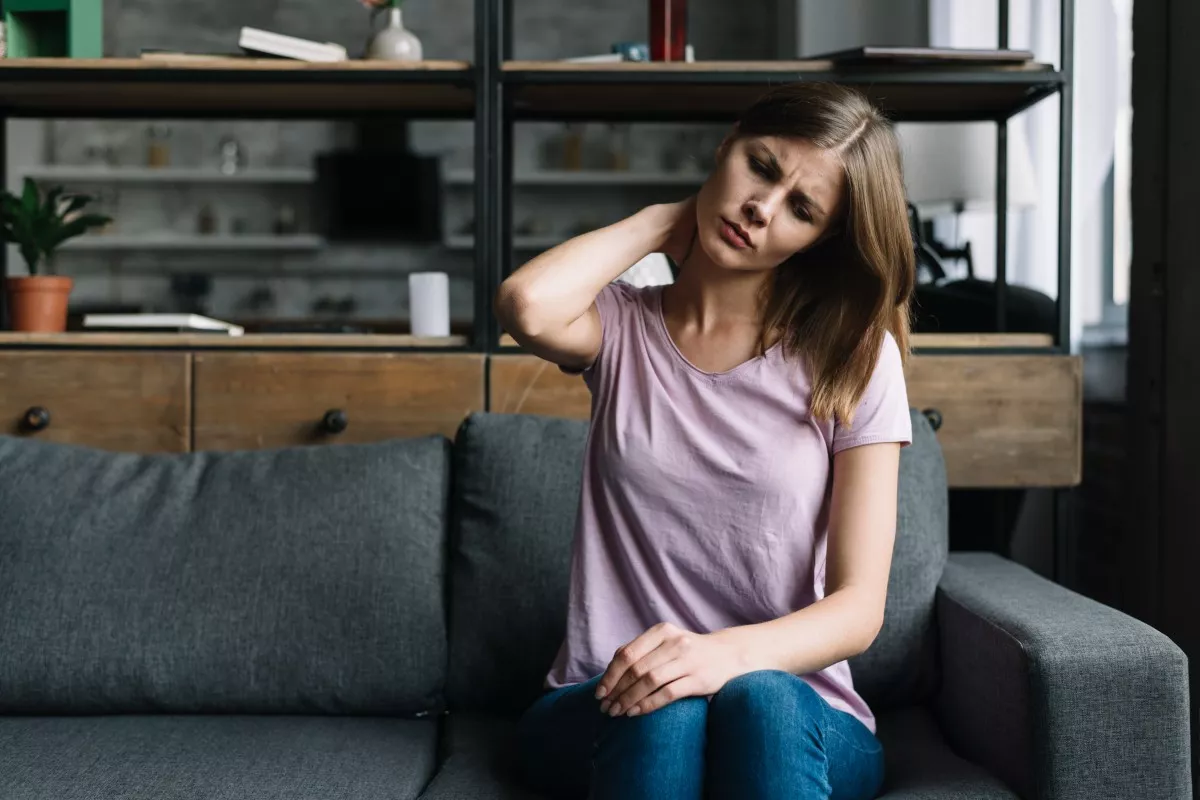Sleep is another critical component of chronic pain management. Unfortunately, many individuals rely heavily on medication to achieve sleep rather than focusing on sleep hygiene and conditioning. Quality sleep is vital for recovery, and poor sleep can exacerbate chronic pain. Establishing good sleep habits, such as creating a consistent bedtime routine, limiting screen time before bed, and ensuring a comfortable sleep environment, can significantly improve sleep quality and, in turn, reduce pain levels.
Introspection: A Path to Mental Well-being
Taking the time to introspect and reflect on the day’s events is a powerful tool in chronic pain management. Identifying what caused positive or negative emotions can help individuals understand how their thoughts and feelings influence their physical state. This self-awareness enables them to adopt relaxation techniques and cognitive behavioral strategies to manage stress and anxiety, which are often contributors to chronic pain.
The Impact of Relaxation on the Musculoskeletal System
The musculoskeletal system, which includes muscles, bones, and joints, is emerging as a key player in overall health. Chronic pain often affects this system, and without adequate relaxation, the risk of repetitive strain injuries increases. These injuries can worsen chronic pain, creating a vicious cycle. Maintaining muscle relaxation through stretching, mindfulness practices, and physical therapy can alleviate tension and promote healing, highlighting the importance of an interdisciplinary approach to pain management.
Social Impact and Mental Health
Chronic pain not only affects the individual but also has far-reaching social implications. Poor sleep, persistent pain, and the accompanying mood changes can strain relationships and reduce social interactions. Relaxation techniques can help mitigate these effects by improving mood, enhancing social interactions, and fostering a sense of community. Engaging in social activities and contributing to the community can also provide a sense of purpose and improve overall well-being.
Musculoskeletal Health: The New Frontier
The musculoskeletal system is increasingly recognised as crucial for overall health, particularly in the context of chronic pain management. An active and mobile lifestyle not only supports musculoskeletal health but also improves cardiovascular and pulmonary function, and mental well-being. Relaxation is essential in maintaining this balance, preventing the deterioration of musculoskeletal health, and supporting a holistic approach to pain management.
The Imperative of Work-Life Balance in Chronic Pain Management
Achieving a balance between work and personal life is critical in managing chronic pain. Relaxation techniques play a vital role in maintaining this balance, helping to reduce stress, prevent burnout, and support overall health. In a world where work-life boundaries are increasingly blurred, it is more important than ever to prioritized relaxation as a key component of chronic pain management.
Conclusion: A Multidisciplinary Approach at ASTER RV Hospital
At ASTER RV Hospital, we recognise the importance of a multidisciplinary approach in managing chronic pain. Our team of experts integrates relaxation techniques, physical therapy, cognitive behavioural therapy, and other essential strategies to provide comprehensive care. By addressing the physical, psychological, and social aspects of chronic pain, we help our patients achieve better outcomes and improve their quality of life. Remember, relaxation is not a luxury—it is a necessity in the journey towards managing chronic pain.

